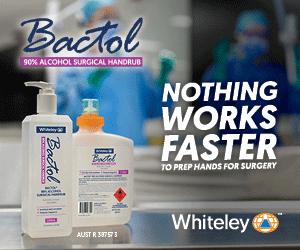These are some of the main conclusions from a new report on cultural safety and health equity for Māori, as delivered by doctors and based on the experiences of Māori patients. It was released last month by the Medical Council, in partnership with Te Ohu Rata O Aotearoa (Te ORA).
Te ORA chair, professor David Tipene-Leach, says improving equity of health outcomes in Aotearoa requires that the health system and its doctors acknowledge that racism exists and that current inequities are not acceptable.
“Colonisation and systemic racism have had a significant effect on health outcomes. Inequity is deep-seated in our society, it is complex and it can impact on patient engagement in their health care and the choices they make,” he said.
The report also outlines the effect of “cultural loading” on Māori doctors – the often unrecognised additional cultural demands placed on them on top of their day-to-day clinical work – on the responsibilities they hold for their own whānau, hapū or iwi or advisory roles in the wider community. Medical Council chair Curtis Walker says the council is working on ways to offer greater support for Māori doctors during training and to keep them in practice.
“We need to make sure we are working in true partnership with Māori, to be bold enough to make large scale change and work together to aim for a just society that is equitable and fair, and leads to better health outcomes for our people,” Walker said.
The report highlights disparities between health outcomes for Māori and non-Māori. Non-Māori were hospitalised 42 per cent less than Māori over a 10-year period, with an even greater inequity in hospitalisation for congestive heart failure, asthma, cellulitis and diabetes.
On average, the death rate for non-Māori within 30 days of major surgery was 40 per cent lower than for Māori during the 10-year time period. Non-Māori died five times less frequently than Māori from diabetes, and less than half as frequently from both circulatory and respiratory conditions.




